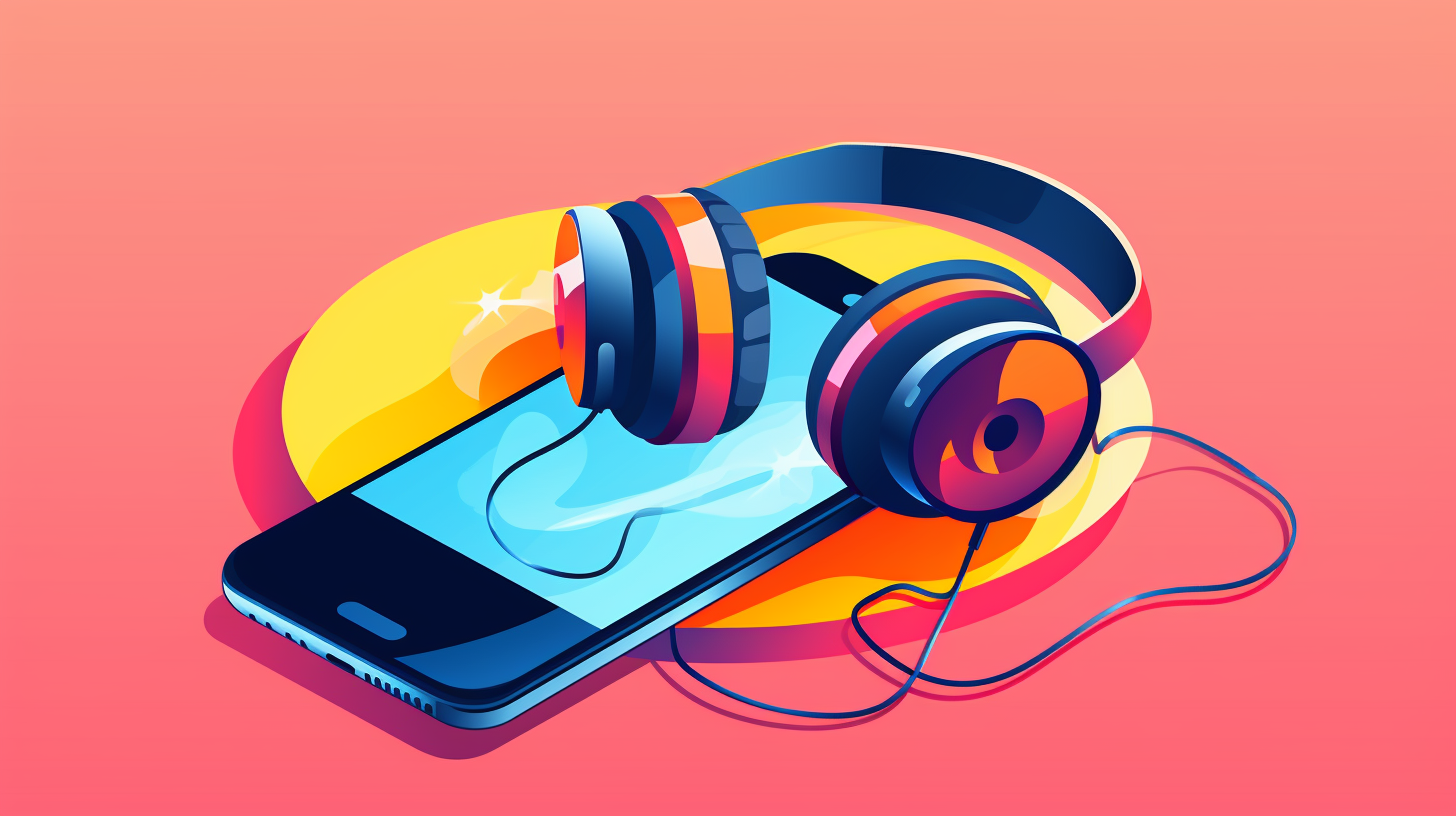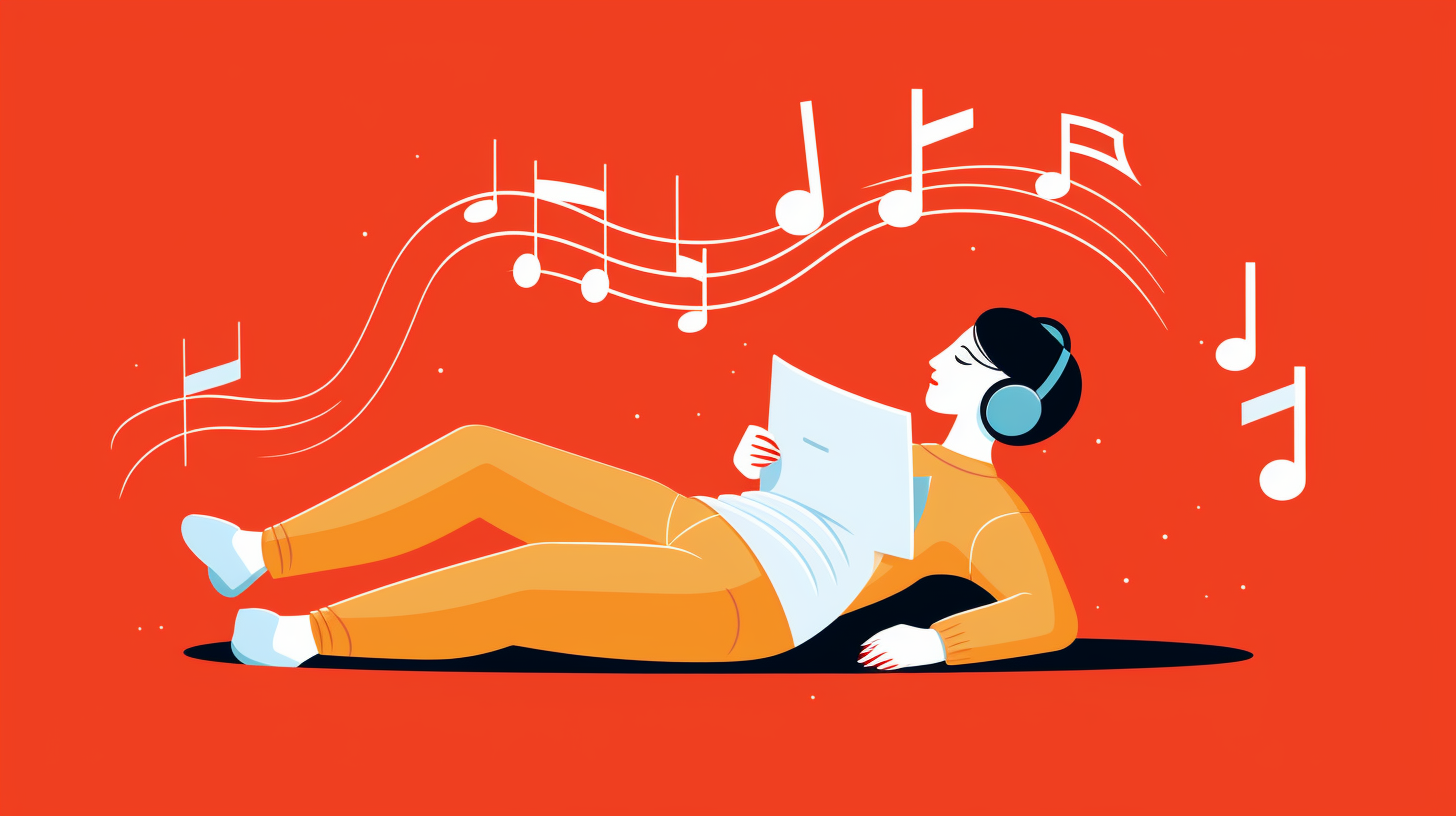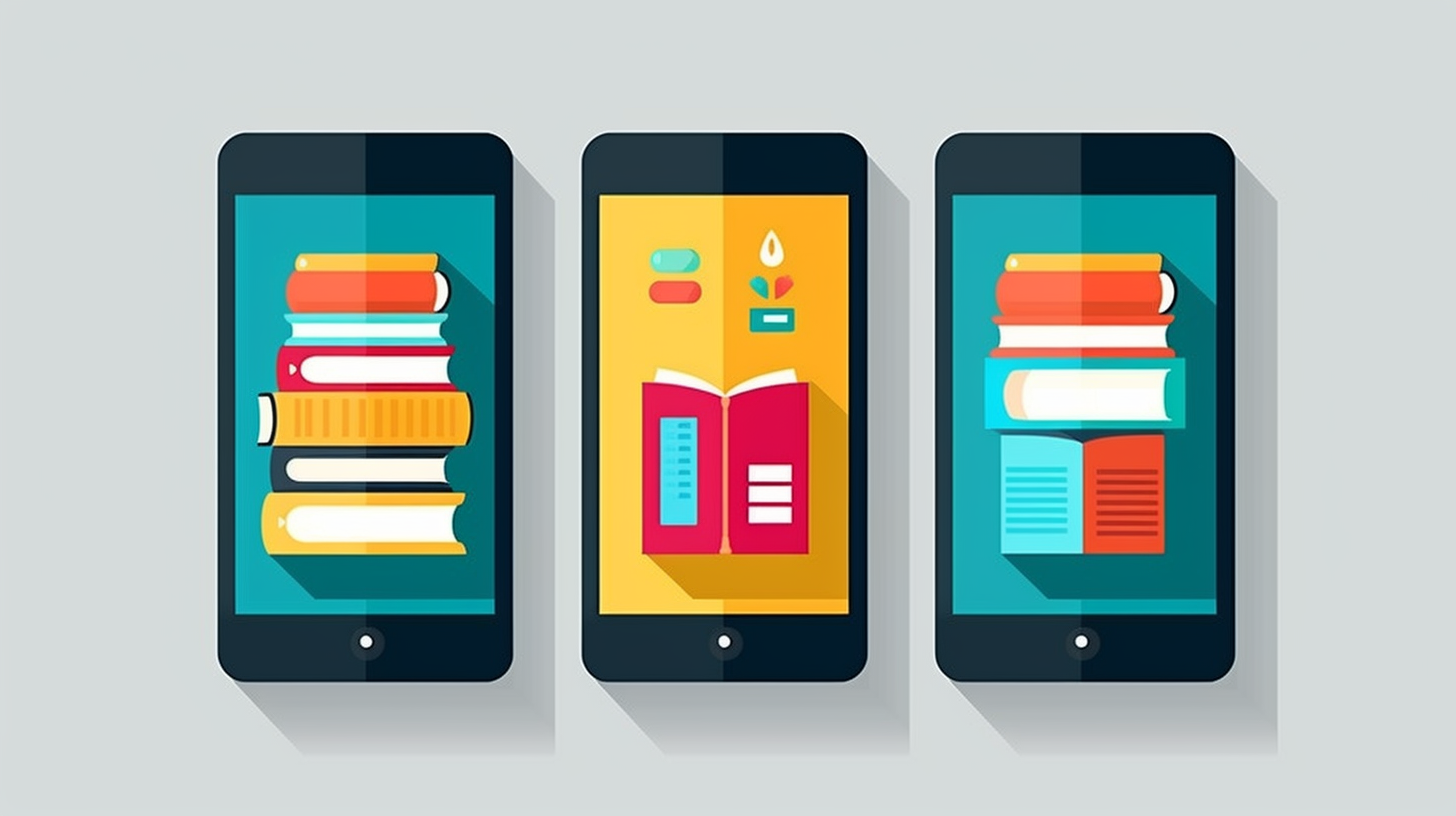When you’re juggling between digital library apps, the Hoopla vs Libby debate is bound to pop up. Both platforms offer a treasure trove of books at your fingertips, but picking the right one can be tricky. In this text, we’ll jump into an overview of Hoopla and Libby, putting their features head-to-head to see which app might suit your reading habits best.
We’ll explore the user experience, assessing how each app stands up regarding ease of use and navigation. Plus, we’ll look into compatibility with various devices and how each integrates with your local library’s system. Finally, we’ll lay out the pros and cons, giving you the full scoop on making a well-informed choice.
Overview of Hoopla and Libby
What is Hoopla?
Hoopla might be your best bet if you’re searching for a versatile digital media service that offers more than just books. Unlike apps like Libby, Hoopla provides a wide range of content formats. You’ll have access to not only eBooks and audiobooks but also music, movies, comics, and TV shows. Because it’s a streaming platform, you can enjoy titles instantly across devices—no waiting required. Your experience with Hoopla will generally be ad-free and straightforward, with a user-friendly interface that caters to all age groups.
You might come across Hoopla reviews applauding its extensive library, boasting over 600,000 eBooks and 155,000 audiobooks. If you’re wondering, “Is Hoopla safe?” rest assured that it’s a legitimate service partnered with local libraries. You won’t need to worry about hidden fees or safety concerns. Hoopla’s integration with your library ensures you can borrow and enjoy content legally and conveniently.
What is Libby?
Conversely, if you’re focusing solely on the charm of eBooks and audiobooks, Libby by OverDrive is tailored for you. Affectionately known as Hoopla’s counterpart, Libby specializes in connecting you with your local library’s digital collection. OverDrive vs Hoopla often comes down to content preference and integrations. Libby shines with seamless OneDrive integration, making the borrowing process a breeze once you’ve downloaded the app.
Is Libby free? Just like Hoopla vs Overdrive, there are no fees or subscriptions with Libby. You can access a wealth of over 50,000 eBooks and nearly 20,000 eAudiobooks with just a valid library card. User experience is paramount with Libby, offering a sleek, intuitive interface and a helpful guide video for assistance. And, if you’re seeking apps like Hoopla or Libby alternatives, know that Libby’s focused collection and ease of use make it a top pick in the realm of digital library services.
When it comes to Hoopla vs Libby, it’s about picking the platform that aligns with your media consumption habits. Whether you’re an audiobook aficionado or a movie enthusiast, these apps enrich your digital library experience without the clutter of physical copies. Enjoy the benefits of modern storytelling through your headphones or screen, and investigate narratives that transport, educate, and entertain you—all at your convenience.
Features Comparison
Content Selection
When you’re choosing between Hoopla vs Libby, it’s essential to understand the breadth of content each app offers. Hoopla boasts an impressive library with over 600,000 eBooks and 155,000 audiobooks. It’s not just about quantity; the diversity in formats is staggering. Music, movies, comics, and TV shows cater to various entertainment needs.
On the flip side, Libby, an app closely associated with Overdrive, narrows its focus primarily to eBooks and eAudiobooks. Even though a leaner selection, the quality of titles might catch your eye. Libby offers around 50,000 eBooks and nearly 20,000 eAudiobooks, with a fair share of top-tier, sought-after books.
Availability
Hoopla’s availability is noteworthy. It’s a service that ensures instant access—no waitlists, no holds. Instant gratification is yours when you’re eager to jump into a story. You’ll find apps like Hoopla fulfilling when you want to jump right into listening without delay. Their partnership with local libraries enables a unique “borrow at will” experience.
Libby operates on a traditional library model. You may encounter wait times if a title is in high demand. But don’t let that deter you. Libby’s recently added “notify me” feature acts almost like a digital librarian, informing you when unavailable titles join the collection.
Borrowing Limits
Your borrowing experience varies significantly across both platforms. With Hoopla, there’s a cap on monthly loans, but don’t worry; it’s typically generous. Your library sets the limit, keeping it aligned with budget allocations. This means if you’re discerning about your choices, you’re less likely to encounter issues with borrowing limits.
Libby tends to follow a check-out system like you find in physical libraries. This system may impose certain restrictions depending on your library’s licensing agreements. Occasionally, Libby offers single titles with high or unlimited copy availability. This means you could snag that popular audiobook without competing for a limited number of copies. Understanding the borrowing constraints of both Hoopla and Libby helps tailor your audiobook experience to match your listening habits. Whether it’s the unrestricted access that apps like Hoopla offer or the structured borrowing approach of Libby, each has its charms for the modern bibliophile.
User Experience
When it comes to exploring the digital spaces of Hoopla and Libby, you’ll find commendable aspects, along with others that could use improvement. Tailoring to different preferences, both platforms offer unique user experiences.
Interface Design
Upon launching Hoopla, you’re greeted with a straightforward layout. It doesn’t take long to get a handle on navigation due to the intuitive design. Your experience is significantly smoother on a desktop, facilitating rapid selections and immediate streaming of various media. The Hoopla design sticks to functionality, getting you to your content without any added complexity.
Switching over to Libby, initial interactions might be less intuitive than Hoopla, yet the app boasts a visually appealing aesthetic complemented by a practical dark mode. Once familiar with its navigation, Libby reveals a user-friendly interface that’s pleasantly manageable across devices. Volunteer feedback confirms that continual use of Libby leads to a more enjoyable and streamlined experience, establishing it as a strong candidate among apps like Libby for eBook and audiobook consumption.
Search and Discovery
Diving into search capabilities, Hoopla ensures that what you seek is just a few keystrokes away. The platform’s organization into sections and genres aids in narrowing down choices and facilitating discovery. Whether you’re after movies, music, or ebooks, Hoopla consistently provides a painless pursuit for your desired titles.
Conversely, Libby triumphs through its synergy with the OverDrive system. Libby’s search function is robust, offering predictive text and filtering options that help pinpoint exactly what you’re in the mood for. The app actively curates selections based on your reading history, suggesting new finds that reflect your tastes and preferences. For some users, this personalized touch might give Libby an edge in the perennial Hoopla vs Libby debate.
Reading Experience
Analyzing how each app delivers its reading experience can tip the scales between these platforms. Hoopla reviews often highlight its efficiency in starting a new book or show. Hoopla excels in providing quick access to text-only books and streamed content without noticeable delays, which is particularly favorable for users with limited time.
Libby, noted in Libby alternatives, offers a high degree of customization in reading settings and ensures your progress is synced across all your devices. This means you can swap from your tablet to your phone without missing a beat—a convenience that’s hard to overlook. The flexibility of Libby’s audio features allows you to listen to your books your way, adjusting speed and skipping with ease—a perfect solution for those who ask, “Is Hoopla legit?” when considering the audible element of digital libraries.
As you toggle between Hoopla vs Overdrive, or consider apps like Hoopla, your personal preferences will guide you. Whether it’s the media types offered, the borrowing methods, or the device compatibility, choosing between Hoopla and Libby depends heavily on how you like to consume your books and media.
Compatibility and Devices
When you’re comparing Hoopla vs Libby, it’s crucial to understand the compatibility and range of devices each platform supports. Knowing this can significantly influence your choice, especially if you’re selective about where and how you enjoy your digital media.
Supported Platforms
Hoopla thrives on its instant accessibility and diverse media options catering to a broad audience. Whether you’re on an iOS or Android device, you can effortlessly jump into Hoopla’s extensive library. It even works on Windows computers, Macs, and Chromebooks, making it highly adaptable for various platforms.
For Libby users, the focus is primarily on public libraries that use OverDrive. It’s worth noting that Libby’s alignment with OverDrive also enhances its usability across multiple platforms. It’s accessible on iOS and Android and via web browsers like Chrome, Safari, Firefox, or Edge Chromium, streamlining your audiobook and eBook experience.
eBook Formats
Hoopla and Libby present eBooks in PDF and EPUB formats if you’re eager to explore different genres and subjects. This openness ensures that you can read across numerous devices without compatibility issues, but it’s key to remember that device compatibility may affect performance and user experience.
With Libby, if you’re an enthusiastic reader who frequently switches between devices, you’ll appreciate the seamless synchronization of your reading progress. Regardless of the device you pick up next, you’ll never lose track of where you left off.
Audiobook Formats
Audiobook enthusiasts often praise the convenience and immersive experience of listening rather than reading. Hoopla’s platform supports a straightforward MP3 format, which, while universally compatible, can sometimes feel outdated for tech-savvy users. Nevertheless, its simplicity remains a solid choice for avid and new listeners alike.
On the other side, Libby shines with its seamless integration with Bluetooth-enabled devices and fewer bugs when using Apple CarPlay. This makes for an uninterrupted listening experience that’s perfect for on-the-go users. These qualities often make Libby a user-friendly and technologically advanced platform in reviews.
Remember, apps like Libby and Hoopla enhance how you access literature, making it imperative to consider which audio and eBook formats best suit your lifestyle. Rest assured, both apps are secure. Hoopla boasts valid “is Hoopla safe” reviews, and Libby does not fall short as a legitimate platform, so your literary adventure is in reliable hands. Whether you’re looking for alternatives to Libby or apps like Hoopla, today’s options ensure you’ll find the right fit for your reading and listening preferences.
Library Integration
Integration with Public Libraries
When choosing between Hoopla vs Libby, understanding how each app integrates with public libraries is key. Libby, powered by OverDrive, has a partnership-based approach. You’ll find that it works solely with shared libraries that also use OverDrive. This integration allows for a harmonious relationship, where once you have a library card, you can borrow any title from your local library’s digital collection, reflecting the actual inventory of the library’s physical and digital assets. Hoopla’s integration is different; it operates on what’s known as an Instant Access model, where titles are made available immediately without waitlists, meaning you have access to Hoopla’s broad collection anytime.
Library Membership and Registration
Having easy access to digital content starts with a library card registration. Hoopla and Libby’s process is straightforward: find your local library online and follow the steps to get your card. Apps like Libby and Hoopla typically allow the addition of multiple library cards to your account for a broader range of content. Remember, even though most affairs can be settled online, you might have to present a valid ID at the library eventually. With your card set up, you can explore various digital titles across these platforms.
Book Suggestions and Recommendations
One of the pleasures of using digital library services like Hoopla and Libby is personalizing content. Hoopla and Libby’s algorithms suggest titles based on your history and preferences. These book suggestions are a boon, especially if you’re unsure what to read next. Hoopla also allows for creating personalized playlists, so your favorite titles are always at your fingertips. This feature is precious for audiobook enthusiasts as it ensures a never-ending supply of good listens, mirroring the convenience that has positioned audiobooks as a favored choice for many.
Pros and Cons
Hoopla Pros
Hoopla offers you a convenient, all-in-one multimedia experience. With no waitlists or holds through Hoopla Instant, you have immediate access to titles, making Hoopla a top choice when you can’t wait to jump into a new book or watch a recently talked-about movie. Added benefits come with Hoopla Flex, where newer titles and an increased number of loans per month are accessible. Here’s a quick glance at Hoopla’s advantages:
- Instant access to a vast array of content: ebooks, audiobooks, comics, music, movies, and TV shows
- Hoopla Flex provides more new release titles.
- Ability to borrow a generous number of titles monthly (up to 15 in some libraries)
- Multiplicity of formats, including comics with an exceptional reader feature
- Option to recommend titles for the library to consider adding
For those seeking apps like Hoopla or Libby alternatives, understanding the unique offerings of Hoopla is essential. Enthusiasts of diverse media formats often find Hoopla an unmatched digital library tool.
Hoopla Cons
Even though it has merits, Hoopla isn’t without limitations. Some titles in the Hoopla Instant collection may be older and lack the latest must-reads or watch-list toppers. Regarding Hoopla Flex, you may be limited to borrowing one title at a time, which is potentially a setback if your reading appetite is voracious. Here’s what you should consider:
- Titles on Hoopla Instant are not always the freshest releases
- Hoopla Flex might limit you to one borrowed title at a time
- There is no option to renew; titles must be re-borrowed after the loan period ends
- Possible smaller audiobook catalog compared to competitors
- Geographic restrictions, since Hoopla isn’t available worldwide
Reviewing Hoopla reviews can provide additional insights into others’ experiences, helping to gauge if Hoopla is safe, legit, and the right fit for you.
Libby Pros
As a user of Libby, you’ll appreciate its no-cost access and user-friendly interface. With a library card, you can tap into Libby’s sizable collection of ebooks, audiobooks, and magazines for those who enjoy a blend of reading materials. Highlighted below are some perks of using Libby:
- FREE with your library card, adding to your cost-effective entertainment
- Extensive library of ebooks, audiobooks, and magazines at your fingertips
- Straightforward, user-friendly interface that syncs well even with Apple CarPlay
- Multiple device compatibility along with offline access for on-the-go enjoyment
- Kindle users can download content directly
Libby stays on top as one of the leading Hoopla vs Libby contenders, particularly for readers looking for an easy-to-navigate app optimized for books and audiobooks.
Libby Cons
Libby, though widely appreciated, comes with its own restrictions. Your access to content depends on the library’s budget, which might mean a more limited selection compared to Hoopla. Also, you might have to wait your turn for high-demand or new titles. Consider these potential downsides:
- The library’s resources may limit content availability
- Wait times for popular or recent titles could test your patience
- Libby’s accessibility may be restricted on some e-readers
- No access to music or visual media like Hoopla provides
- You’re capped at placing only 5 holds at a time
In the search for the ultimate digital library experience, considering options like Overdrive vs HHoopla or exploring apps using criteria such as ‘Is Hoopla better than Libby’ or ‘apps like Libby’ can significantly impact the quality and breadth of your digital reading and listening adventures.
Conclusion
Choosing between Hoopla and Libby boils down to your preferences and library habits. Hoopla’s your go-to if you’re after instant access and a diverse media library. But Libby could be the perfect fit if you prefer a vast selection of books and audiobooks without the wait and don’t mind the occasional queue. Eventually, both apps enhance your reading experience, offering personalized features that cater to your literary tastes. So why not try both and see which one aligns best with your reading routine?
Frequently Asked Questions
Does Hoopla have a borrowing limit?
Yes, Hoopla has a monthly borrowing limit of up to 10 titles. The limit resets at the start of each calendar month, and unused borrows do not carry over.
How much does Libby cost?
Libby is completely free to use. There are no subscription costs, in-app purchases, or late fees as long as you have a valid library card.
Can I use both Libby and Hoopla?
Yes, you can use Libby and Hoopla with a device, a Wi-Fi connection, and a library card. While Hoopla offers a broader range of media, Libby focuses on ebooks and audiobooks.
Why is Hoopla limited?
Hoopla’s daily cap ensures that library costs remain controlled since the service’s expense depends on the cost per check-out and patron usage.
What is the downside to Hoopla?
The main downside to Hoopla is the limited number of audiobooks and other materials you can borrow per month, which may require users to seek additional resources if they consume content frequently.




